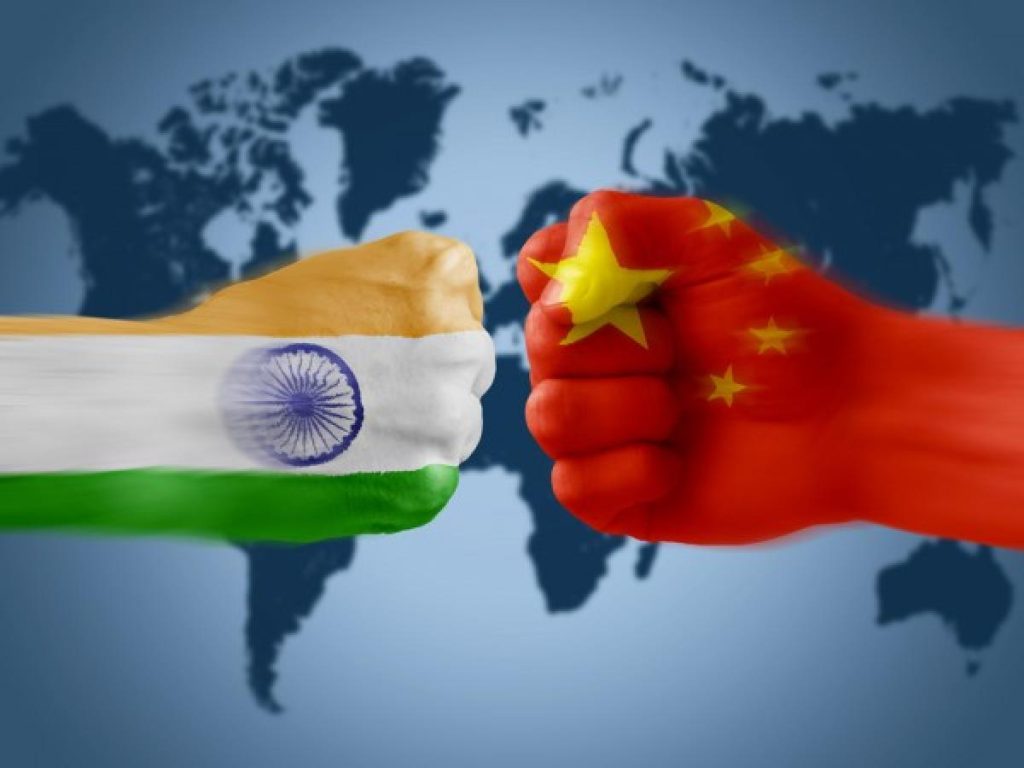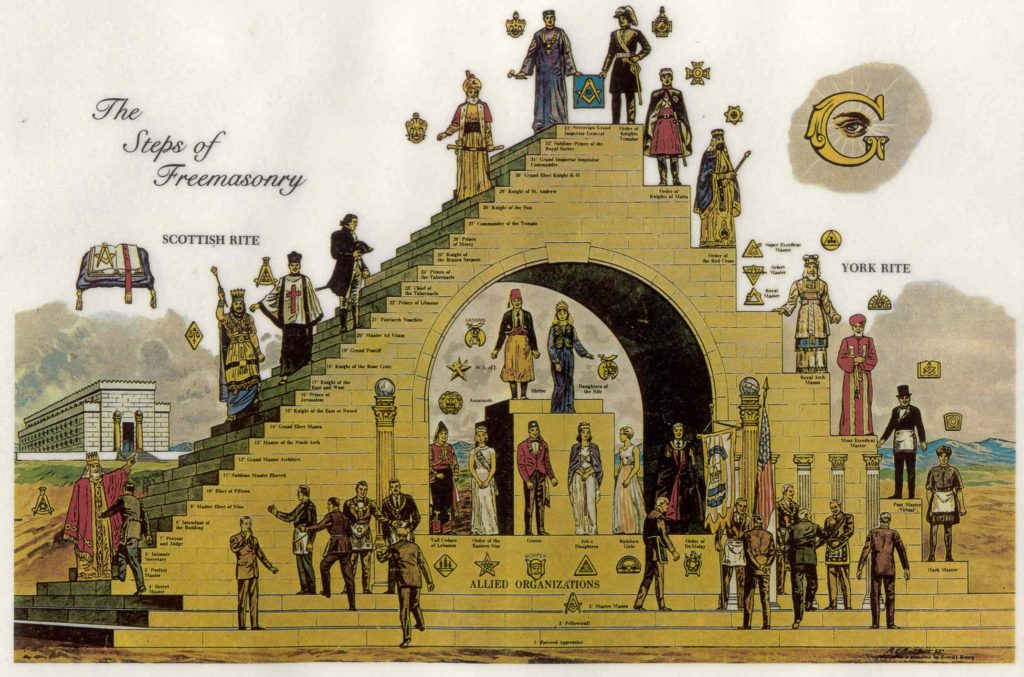
It’s apparent to all that the world is currently undergoing a strategic realignment. When the COVID-19 dramas have settled down, we will be left with a new set of alliances and global political arrangements. This essay will argue that the Western World should use this opportunity to replace the economic ties it currently has with China.
To a major extent, those who are powerful in the non-Western world are only so because of the favour of Western elites. China’s economic miracle is chiefly the result of the transfer of manufacturing capacity from the West since the early 1980s. After forty years of this, China has grown into a major world power.
In 1990, China had a smaller economy than Canada. Their GDP per capita was a pitiful $349 per year, putting them in the same class as Uganda, Mali and Rwanda. Today, China is second only to America by total economy size. Their GDP per capita is now in the same class as fringe Western nations such as Russia, Argentina and Bulgaria.
This development has brought with it great wealth, not only to China but also to their major trading partners. But with this wealth has come power, and with that power has come ambition.
China’s strategic goals in the South China Sea are evident: to take control of the entire region. As their economy continues to develop, their ability to actualise these goals increases. They are now wealthy enough to devote a vast sum of surplus capital to military outfitting and development. Some of this has been devoted to building artificial islands – rightly considered forward military bases – in the South China Sea.
Given that Chinese strategic goals often don’t align with ours, and that Indian strategic goals often do, it might be time for the West to make an immense pivot away from China and towards India. There are several reasons why this might be a good idea.
The most obvious strategic reason to replace China with India is the aforementioned military one. A close alliance with India would all but guarantee Western control over the Straits of Malacca, which is the jugular vein of Chinese shipping and trade. This would minimise the potential for China to get tempted into further expansionism.
Existing tensions on the shared border between India and China have flared in recent weeks. China has already moved a brigade’s strength of men into territory India claims as its own. This is an extreme provocation by any measure, if not an outright act of war. India’s response could lead to a wider conflagration.
If it does, it would be the perfect time for the West to throw our lot in behind India. Not only would it enable us to impose a collective will upon China in a weak moment for them, but giving assistance to India in their time of need would engender the greatest amount of long-term goodwill from their side.
More subtle are the economic reasons. China’s economy has advanced to the point where it is a competitor to the West in many ways, whereas India’s has not. Many Chinese firms have been able to drive Western ones out of certain markets by way of having a superior product. The general level of scientific knowledge in the Chinese population is now high enough that Chinese firms are likely to pose a consistent threat into the future.
It would be much better to co-operate with Indian firms, and to raise them to the level where they can compete with the Chinese ones, than to continue to raise Chinese firms so that they can compete with ours in the future. We can help India to adopt technology that both the West and China already have, at no strategic loss to ourselves.
As mentioned above, Chinese GDP per capita has increased sharply in recent decades. Today, it is over twice as high as the GDP per capita in India. This has brought with it increasing expectations of living standards, such that India now offers better opportunities to employ cheap labour. Factories could be set up in India at competitive prices.
The greatest reasons to pursue an alliance with India at the expense of China are cultural.
India is culturally superior to the West in several ways. Here we are not merely talking about lamb saagwalas. Their compassion for animals is such that India has more vegetarians than the rest of the world put together. This compassion is a feature of Dharmic religions such as Buddhism and Hinduism.
The sadistic Abrahamic religions have no such restrictions, and neither does Chinese culture with its hellish wet markets. As such, there is an opportunity for us in the West to learn from Indian culture and from the Indian approach to life, and to use its inspiration to better ourselves.
The Indian spiritual culture fills a need in the Western soul for answers about how to morally conduct ourselves in this life. This is not to claim that all Indians conduct themselves perfectly, or even better than Westerners do on average. It is merely to suggest that there is great value to Westerners in the spiritual traditions of the Indian people, in particular Buddhism and Hinduism.
Because India has cultural advancements that we in the West ought to learn from, there is the possibility of genuinely reciprocal trade. We have scientific, technological and commercial knowledge that they would benefit from learning, and they have spiritual knowledge that we would benefit from learning. It would be a two-way exchange.
A further point relating to culture is the shared love of cricket. That cricket is popular in India as well as in Britain, Australia, South Africa and New Zealand means that men from all of these places have a shared bond, and this naturally allows for some degree of solidarity. After all, it’s through sport that men learn to conduct themselves in wartime, and men bonded in such a fashion are bonded deeply.
No such bond is shared with China.
In summary, an entire spectrum of reasons suggests that the West ought to take the economic bonds that tie us to China, and to replace them with bonds that tie us to India. This would not only make a great deal of natural sense, but it would also strengthen the strategic position of the West deep into this century.
*
If you enjoyed reading this essay, you can get a compilation of the Best VJMP Essays and Articles of 2019 from Amazon for Kindle or Amazon for CreateSpace (for international readers), or TradeMe (for Kiwis). A compilation of the Best VJMP Essays and Articles of 2018 and the Best VJMP Essays and Articles of 2017 are also available.
*
If you would like to support our work in other ways, please consider subscribing to our SubscribeStar fund. Even better, buy any one of our books!



